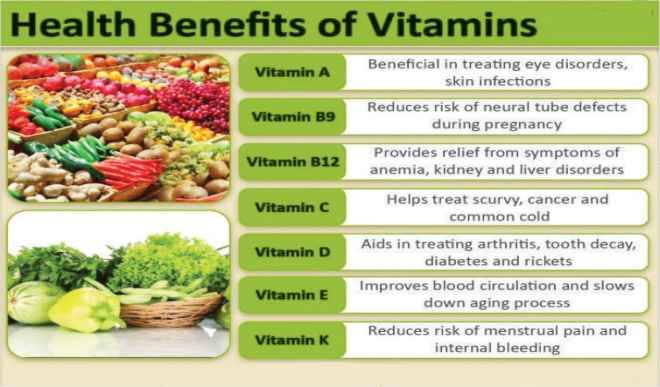A malnutrition programme, Vitamin Angels, has called on the Nigerian government to strengthen primary health care in efforts to reduce micronutrient deficiency.
Vitamin Angels says reducing micronutrient deficiency would reduce the country’s burden of “hidden hunger”—deficiencies in various nutrients which contribute to poor health outcomes, mostly affecting children and women.
“There is so much to be done. The challenges are enormous. We need to start strengthening our primary health care, because that is where the problem is,” said Francis Ohanyido, coordinator of Vitamin Angels in Nigeria, which met with partners in Abuja on Thursday.
The mission works with some 140 partners in Nigeria, including international non-governmental organisations and local civil society organisations to promote the use of vitamin A supplement and de-wormers for children and multiple micronutrient supplements for women.
Its work since 2013 include supporting states with Vitamin A supplement and worm medicines needed during two special twice-yearly weeks devoted to free maternal, newborn and child health (MNCH Week) by the National Primary Health Care Development Agency (NPHCDA).
The week offers free maternal care and routine immunisation, alongside provision of micronutrients, worm medicines for children and birth registration.
So far, it has helped states such as Sokoto and Bauchi reduce micronutrient deficiency in the last five years
“We plan and observe what the needs are,” said Amos Bassey, a professor at Bingham University’s department of community medicine.
“We observed that our stakeholders — that is the state governments — had issues getting commodities. We train them on how to do it, when to do it, and then key into the NPHCDA MNCH Week.”

 Join Daily Trust WhatsApp Community For Quick Access To News and Happenings Around You.
Join Daily Trust WhatsApp Community For Quick Access To News and Happenings Around You.


